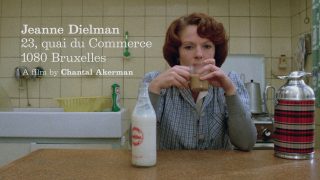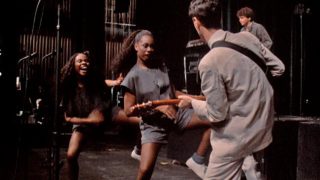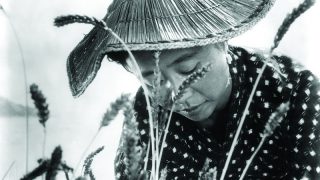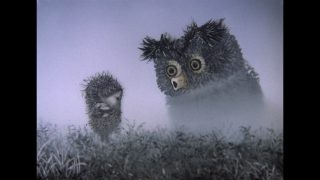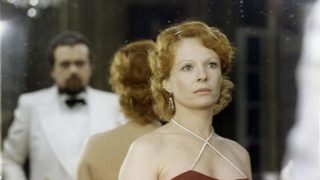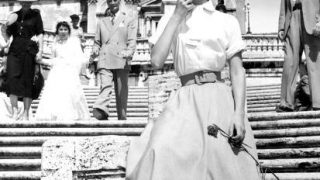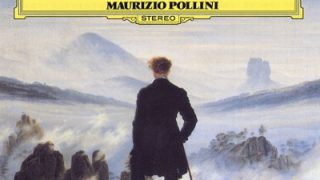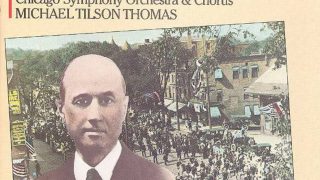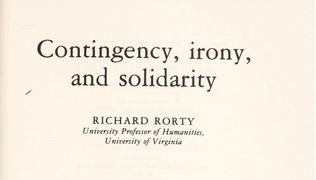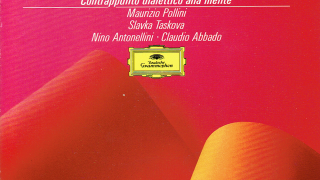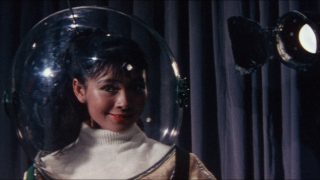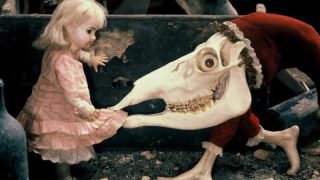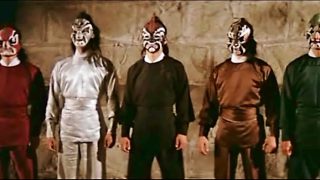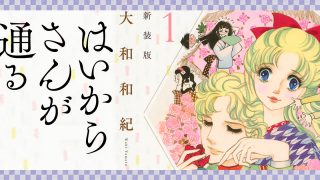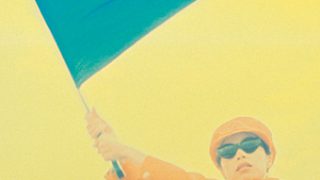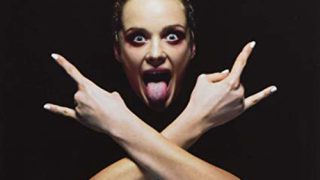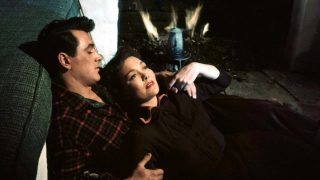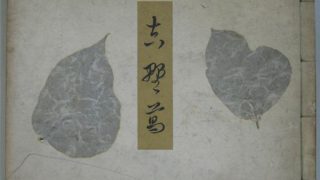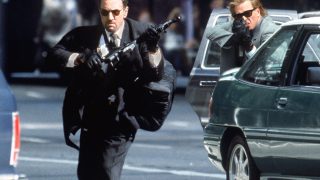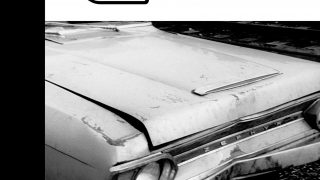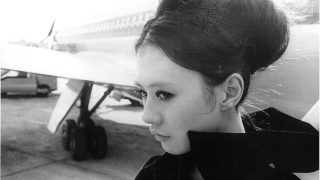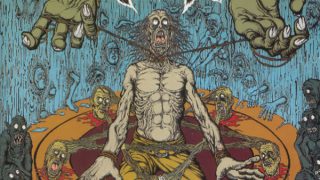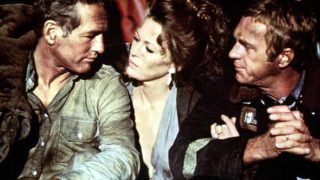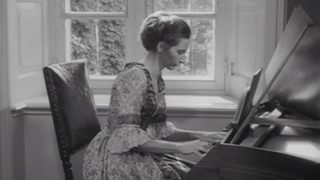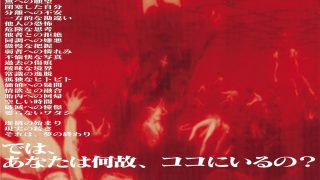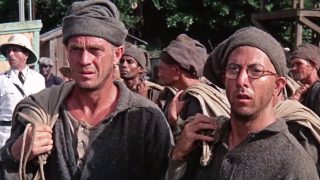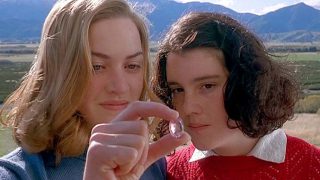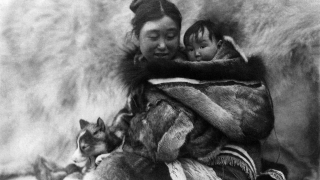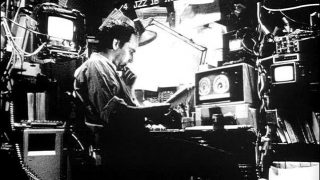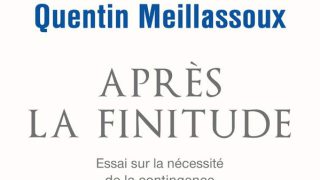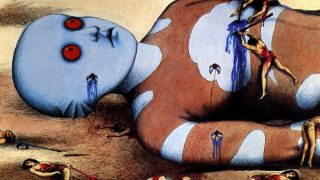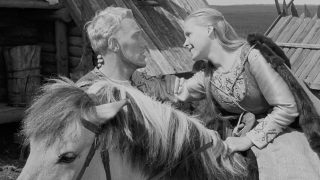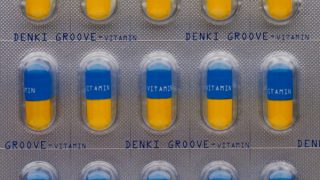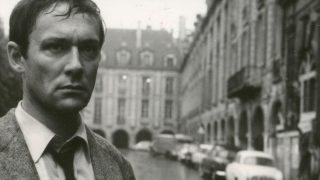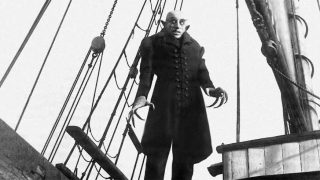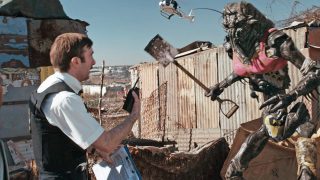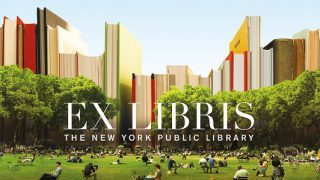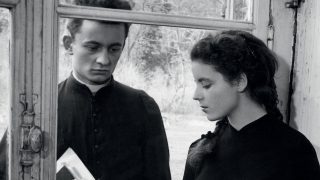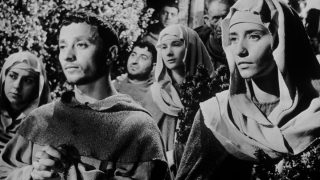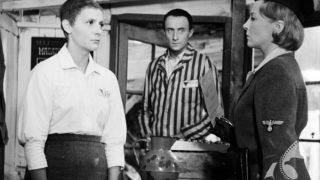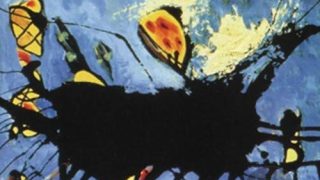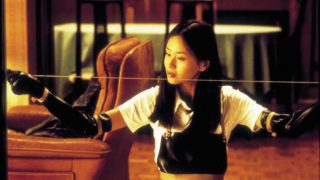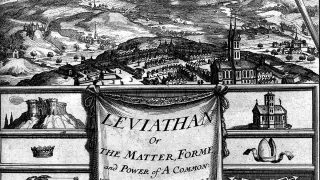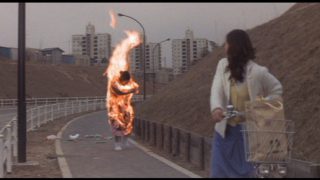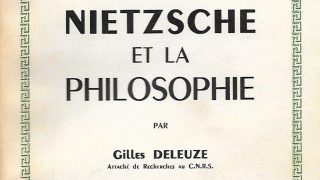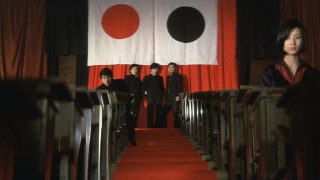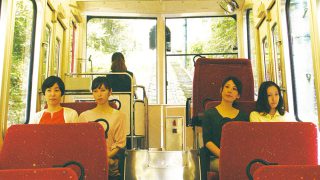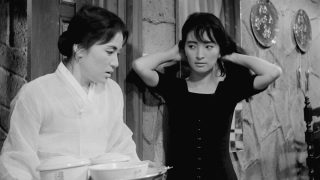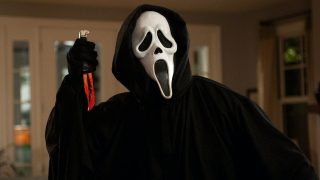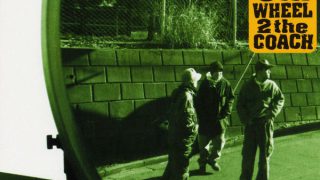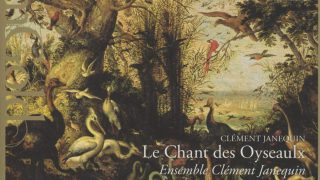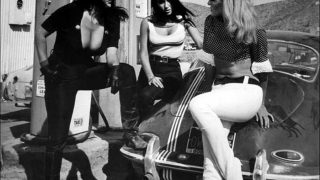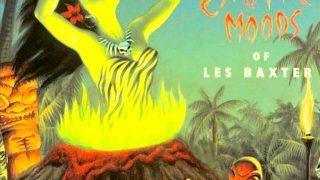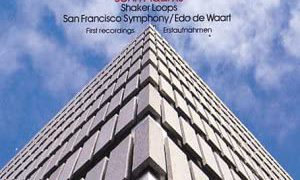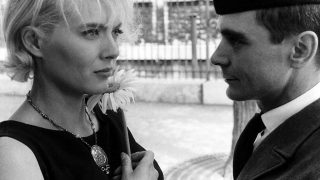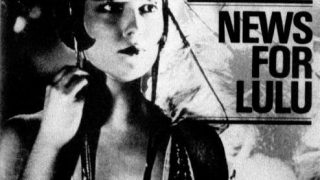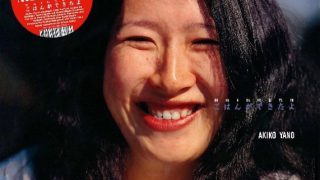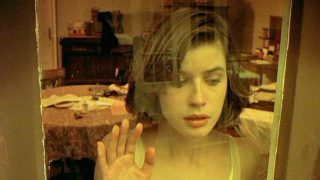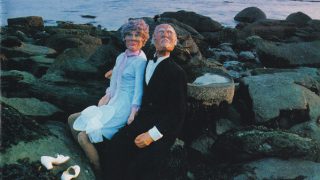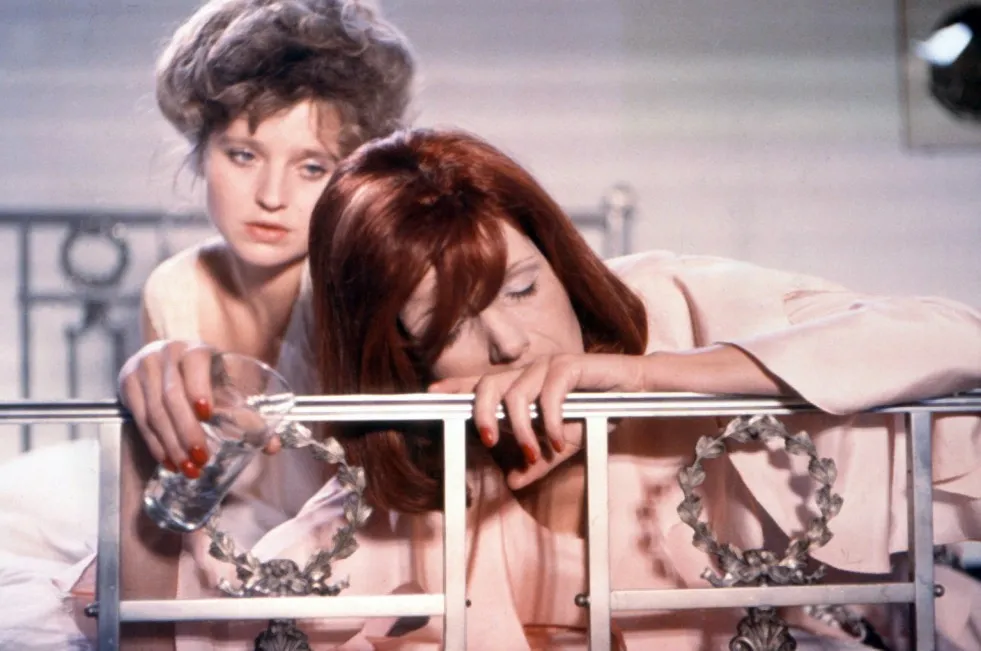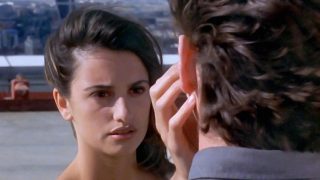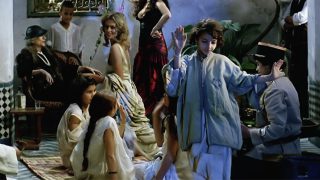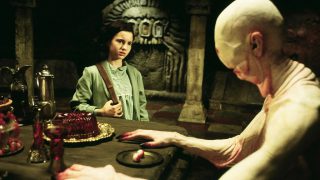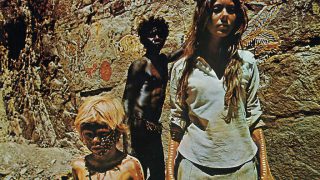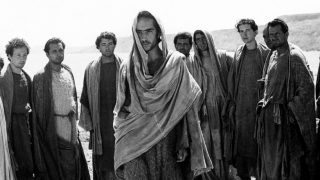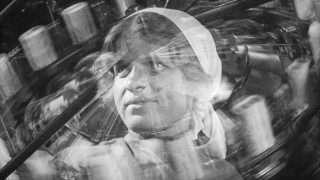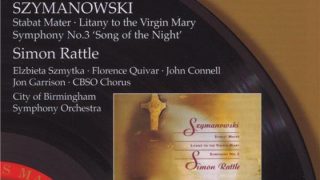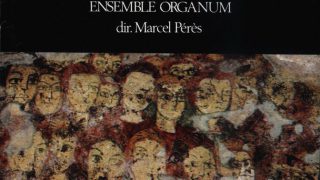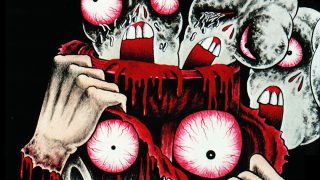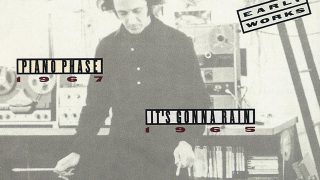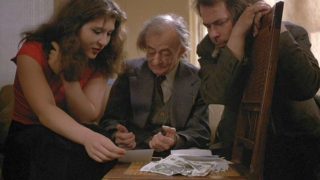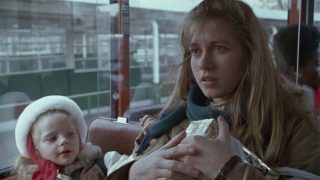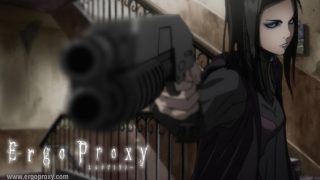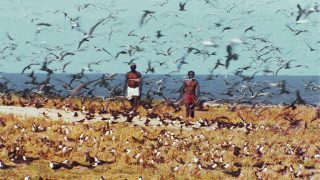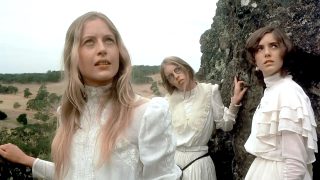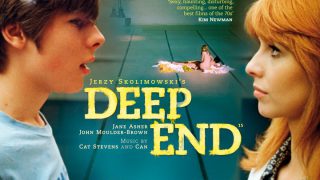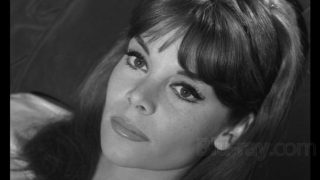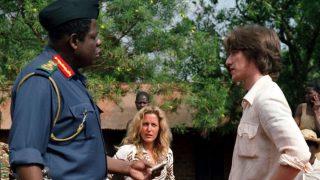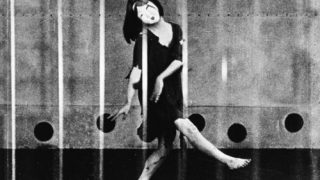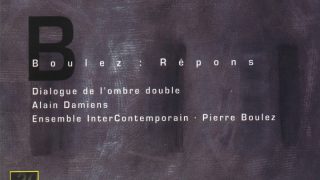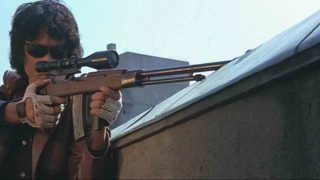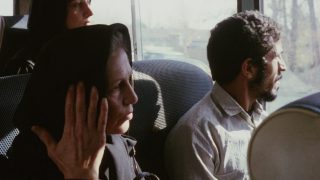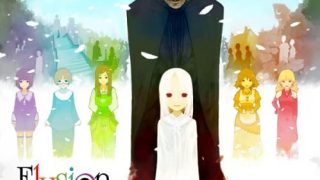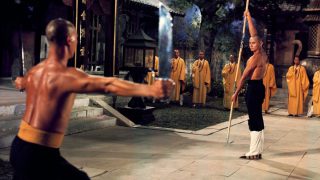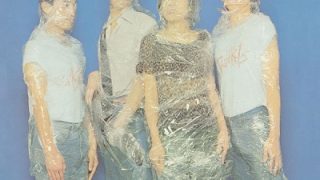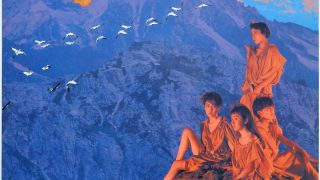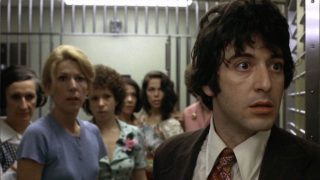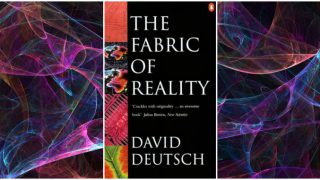Overview
“Ex Libris: The New York Public Library” is a 2017 American documentary film about the New York Public Library (NYPL). It was directed and written by Frederick Wiseman. It is his 41st film. 205 minutes.
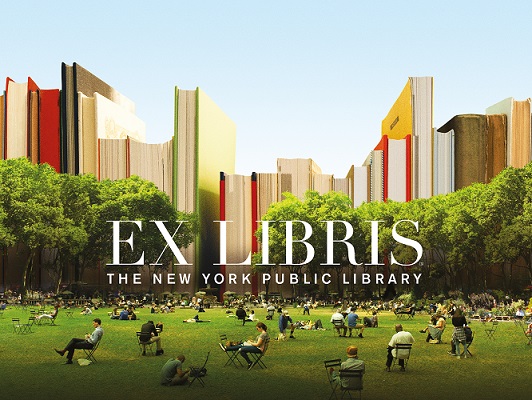
Commentary
The NYPL is one of the three public libraries in New York City, along with the Brooklyn Public Library (BPL) serving Brooklyn and the Queens Public Library (QPL) serving Queens. It serves the Bronx, Manhattan, and Staten Island.
The NYPL is a private non-profit corporation based on public and private partnership (PPP). It has been operated with both public financing and private donations.
The NYPL was established in 1895. The main branch (Stephen A. Schwarzman Building) is located on Fifth Avenue, Manhattan, and it was completed in 1911.
The NYPL is a network of 92 libraries, which consists of four research libraries and 88 regional branches. It features more than 50 million items, from books, ebooks, and audiobooks to music and movies. It is the fourth largest public library in the world.
The NYPL is marked by their community-based activities for New Yorkers, including question and answering service by phone, Internet-access services, employment support, education support for children, and dance classes for seniors.
Wiseman shot 150 hours of footage in the NYPL during twelve weeks in the fall of 2015, and he edited them into a 205 minute film.
The film “Ex Libris: The New York Public Library” is an interesting documentary film that filmed the NYPL’s versatile activities, a variety of programs, the works of the librarians and volunteers, and behind the scenes of the staff.
“Ex Libris (from the books of…)” of the title is a phrase to indicate the ownership of a book. It comes from Latin “ex-librīs”.
The film is composed of a series of vignettes shot in and around the NYPL. Just like Wiseman’s past works, this film was also produced by his unique documentary method, which invites the audience to experience the image itself without narration, interviews, explanatory texts, commentary, and music.
Several celebrities appear as guests in the film: British evolutionary biologist Richard Dawkins, English musician Elvis Costello, and American musician and poet Patti Smith.
Author Ta-Nehisi Coates, poet Yusef Komunyakaa, spoken word artist Miles Hodges, and English potter and author Edmund de Waal also appear as guests.
The film shows that the NYPL is a deeply fair and egalitarian community center open to all classes, races, and ethnicities, all including immigrants, the poor, and people with disabilities. Their activities are rooted in the idea that everyone should be given the opportunities for access to information, education, and career choice.
By documenting various scenes in the NYPL, the film highlights problems faced by the United States as a multiracial country in the digital era, such as rich-poor gap, immigration issues, racial discrimination, and digital divide. Wiseman focuses specifically on awareness about the history of slavery and discrimination against blacks in the United States.
The film was screened in the main competition section of the 74th Venice International Film Festival in 2017, and it won the FIPRESCI Award.
The film was released after Donald Trump became the 45th president of the United States in 2017. As a result, it became a politically charged film that emphasized the tradition of the fight for liberty and equality in the United States as competition with Trump’s antiliberalism.
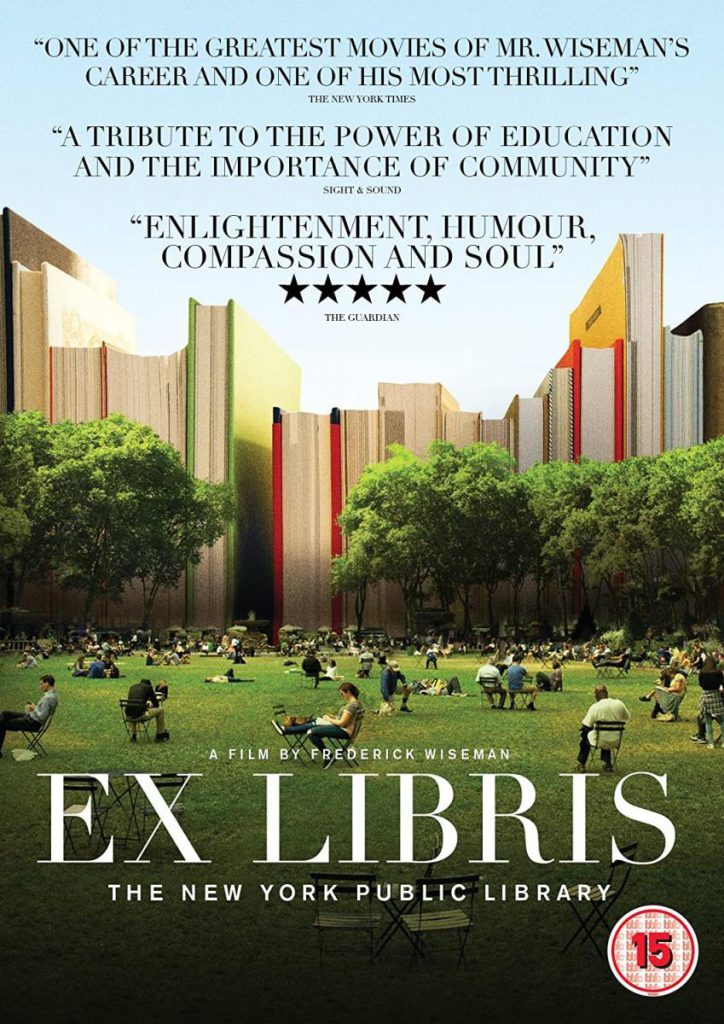
- Cross-Search for “Ex Libris: The New York Public Library” on JustWatch
- Search for “Ex Libris: The New York Public Library” on Amazon.com
Plot (Spoiler Alert)
British evolutionary biologist Richard Dawkins appears as a guest in the program “Books at Noon”. He criticizes Christian fundamentalism in American society, and defends irreligionists.
A librarian answers a question on the phone. “A unicorn is actually an imaginary animal”. He looks up the materials related to the question and explains in detail. This service is also called “human Google”. Librarians advise the visitors about how to find out the information they want within the library.
The NYPL president Anthony W. Marx speaks to private supporters. He emphasizes the importance of public private partnership, and tells about their efforts, such as improvement of Internet connectivity, shrinking digital divide, and digitalization of the contents.
At the Jerome Park Branch, volunteers conduct an education program for supporting children’s learning.
Historian Rudolph Ware talks about his book. He criticizes the myth that associates Islam with slavery, and tells about the enslavement of Senegalese clerics.
Pianist Carolyn Enger plays “Down a Country Lane” (1962) by Aaron Copland in a piano concert at the Bruno Walter Auditorium.
An employment support program “Job Expo” is held at the Bronx Library Center. Recruiters from various occupations, including the New York Fire Department, a woman working at a construction site, the US Border Patrol, the NYPL’s TechConnect (Technology Training Program Department), the US Army, and Morris Heights Health Center, explain their jobs.
In the senior staff meeting, the president Marx indicates his intention to maximize the city budget for the NYPL as an education service. Chief Library Officer Mary Lee Kennedy talks about the need for considering sustainability. Chief External Relations Officer Carrie Welch talks about the importance of private funds.
In the “Picture Collection”, the visitors can see an enormous number of photos, drawings and print materials for free. The person in charge explains to high school students that the pictures have been filed by topic, and he adds, “Andy Warhol stole lots of stuff from us”.
Writer Ted Merwin, who is known as the author of “Pastrami on Rye: An Overstuffed History of the Jewish Deli in America” (2015), explains the second generation of Jewish immigrants in New York and the Jewish deli as cultural center with a slide show.
Elvis Costello appears as a guest in the program “Live from the NYPL”. He shows audiences a video when his father Ross MacManus sang the folk song “If I Had a Hammer” with the Joe Loss Orchestra on the BBC’s “Royal Variety Show” in 1963, and talks about relationships between his songs, politics, and democracy.
In the senior staff meeting, they discuss the role of the NYPL as an “anchor institution” in the community for both digital access and digital inclusion.
Poet Yusef Komunyakaa appears as a guest in the program “Books at Noon”. He tells about politics under the surface of poetry, quoting James Baldwin.
At a branch near Chinatown, Chinese inhabitants learn computer skills under the guidance of trainers.
At the Andrew Heiskell Braille and Talking Book Library, volunteers show the visitors how to read and type braille.
A housing support session for the people with disabilities is held. A blind person in charge explains support systems for the disabled people who have difficulty in finding their houses.
At the Mid Manhattan Library, Chief Operating Officer Iris Weinshall introduces Dutch architect Francine Houben to the staff. Houben is the creative director of Mecanoo, an architecture firm selected to renovate the main branch (Stephen A. Schwarzman building). Houben says that libraries are not about books, or their storage, but about people.
A NYC-based classical chamber group, Double Entendre Music Ensemble plays a concert at the Bronx Library Center.
At the Schomburg Center for Research in Black Culture, an exhibition named “Unveiling Visions: The Alchemy of the Black Imagination” is held.
At the Bruno Walter Auditorium, spoken word artist Miles Hodges does a poetry reading.
In the senior staff meeting, they discuss a strategy to build a relationship with the government.
The local residents join a book club and discuss the novel “Love in the Time of Cholera” (1985) by Gabriel García Márquez.
In the senior staff meeting, they discuss how to deal with digital issues.
In Bryant Park next to the NYPL Main Branch, people have relaxing time, reading books or lying on the ground.
At the Dorothy and Lewis B. Cullman Center for Scholars and Writers, a sign language interpreter for theatrical productions, Candace Broecker Penn conducts a workshop. While two volunteers recite a passage from the preamble to the United States Declaration of Independence (1776) with two different emotions (“angry” and “pleading”), she demonstrates two very different ways of emotional expression in sign language interpreting. The recited text is taken from a part that was deleted by the Continental Congress because Thomas Jefferson included his criticism of slavery.
At the Library Services Center in Long Island City, printed materials are being shot for digitalization.
A large quantity of returned materials are being sorted by the semi-automated system and belt conveyors, and they are being transported to branches.
At the Parkchester Branch, the branch staff members discuss community problems with Chief Library Officer Kennedy: how to attract teens to the library, and how to enhance their collection and programs of mathematics.
At the George Bruce Branch, a person in charge explains their free rental service of Wi-Fi hotspot devices for the people without Internet connection at their home.
At a branch, a dance class for seniors is held as one of the programs for local residents.
At the Westchester Square Branch, “Innovation Labs”, programs using technology tools are held for school children. Some children are doing robot-building practice.
At the Schomburg Center for Research in Black Culture, the 90th anniversary celebration is held. Director of the center Khalil Gibran Muhammad gives a speech, quoting two black female artists: “the libraries are pillars to democracy” (novelist Toni Morrison) and “Rainbow in the Cloud” (memoirist, poet, and civil rights activist Maya Angelou).
At a storytelling class, preschoolers are accompanied by mothers or parents and sing the nursery rhyme “Old MacDonald Had a Farm” with a librarian.
At the “Berg Collection”, an archive of English and American literature, some visitors are studying William S. Burroughs and W. B. Yeats.
In the senior staff meeting, they discuss increasingly serious homeless issues.
At the “Print Collection”, a librarian explains to the visitors about Albrecht Dürer’s “Rhinoceros” (1515) and Rembrandt’s self-portrait.
The staff members from the branches come together and have a meeting. A male member tells about the need to be actively engaged in the government and community groups. A female member emphasizes the importance of looking at the big picture of their job.
At the Andrew Heiskell Braille and Talking Book Library, the audiobook of “Laughter in the Dark” (the 1938 English translation of “Camera Obscura”) by Vladimir Nabokov is being recorded.
At the Jefferson Market Branch, a female teacher lectures about slavery and labor-management issues in the United States, referring to Karl Marx, sociologist and southern ideologue George Fitzhugh, and Abraham Lincoln.
Patti Smith, who published her memoir “M Train” in 2015, appears as a guest in the program “Live from the NYPL”. She talks about her empathy with Jean Genet.
The director of facilities reports on this year’s and next year’s budgets.
In the senior staff meeting, they discuss the policy of budget allocations for book buying: e-books or physical books, bestsellers or recommended books, popular collection or research collection.
The NYPL staff arranges a dinner party.
In the board of trustees meeting, a male volunteer explains the collection of the Schomburg Center, and tells about poet Phillis Wheatley, the first African-American who published a book of poetry.
The senior staff members get together to take a commemorative photo.
Author Ta-Nehisi Coates appears as a guest in the program “Live from the NYPL”. He talks about his book, showing his respect for Malcolm X. “In my household Malcolm X was Jesus”.
The senior staff members talk about preparation for the next year. The NYPL president Marx says that they need to send a message to political leaders in order to get funding.
The director of the Schomburg Center, Muhammad visits Macomb’s Bridge Branch in Harlem, and he talks with community people about the problems faced by African-Americans. They criticize American educational publishing company McGraw-Hill for distorting the history of slavery in their textbooks.
English potter and author Edmund de Waal appears as a guest in the program “Live from the NYPL”. He recites his non-fiction “The White Road” (2015), which is about the history of porcelain. The beginning of J. S. Bach’s “The Goldberg Variations” recorded by Glenn Gould (the 1955 version) is played.

